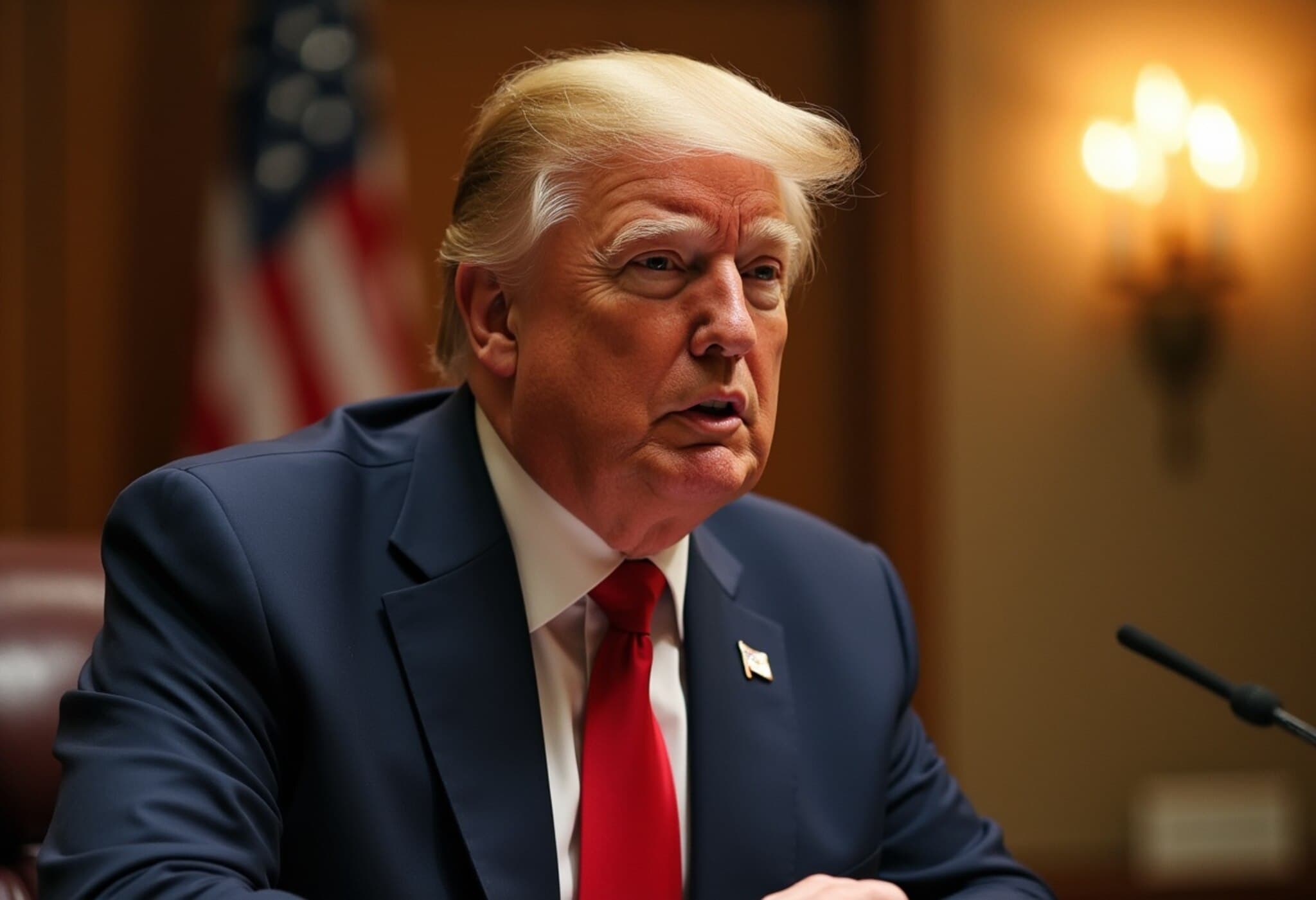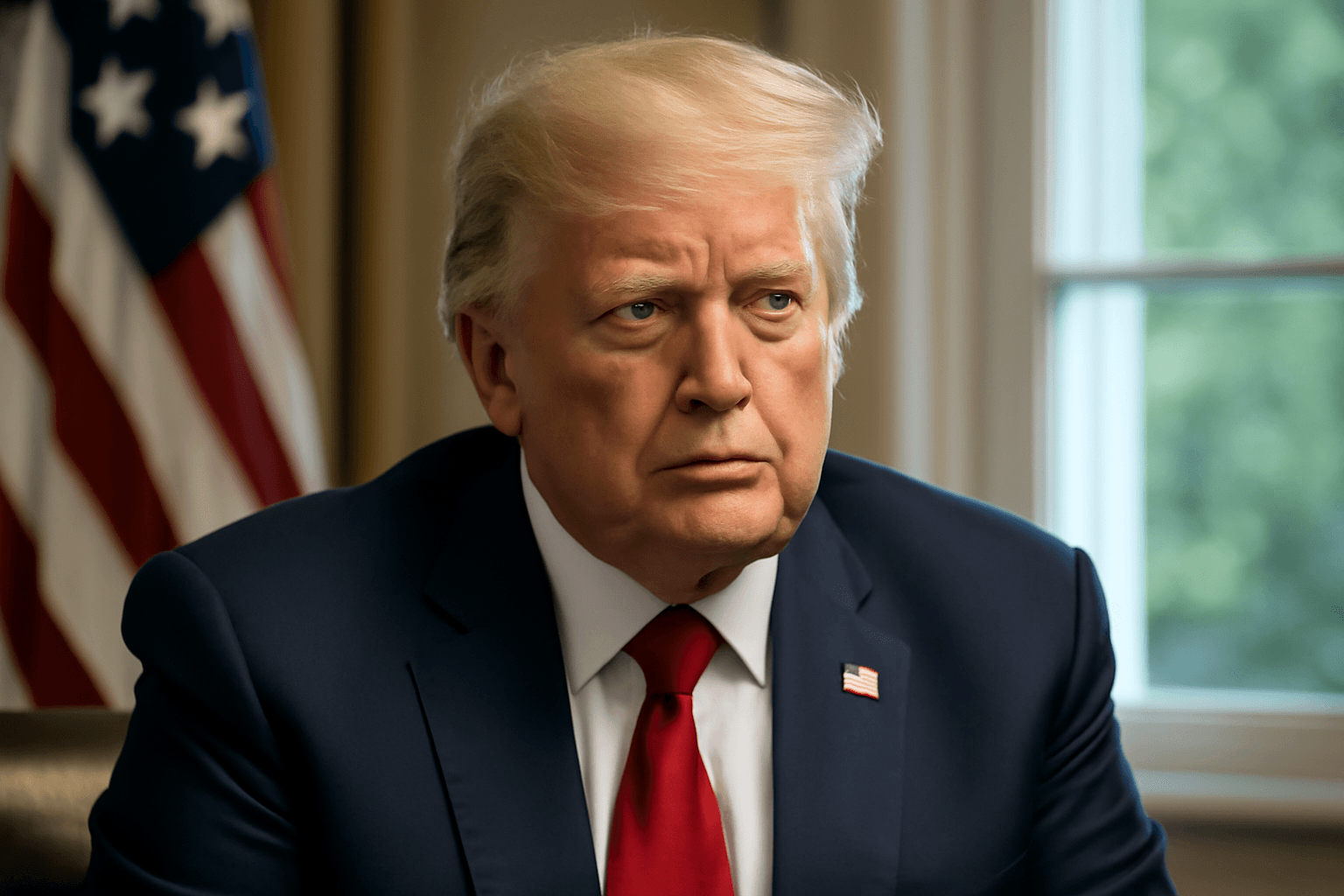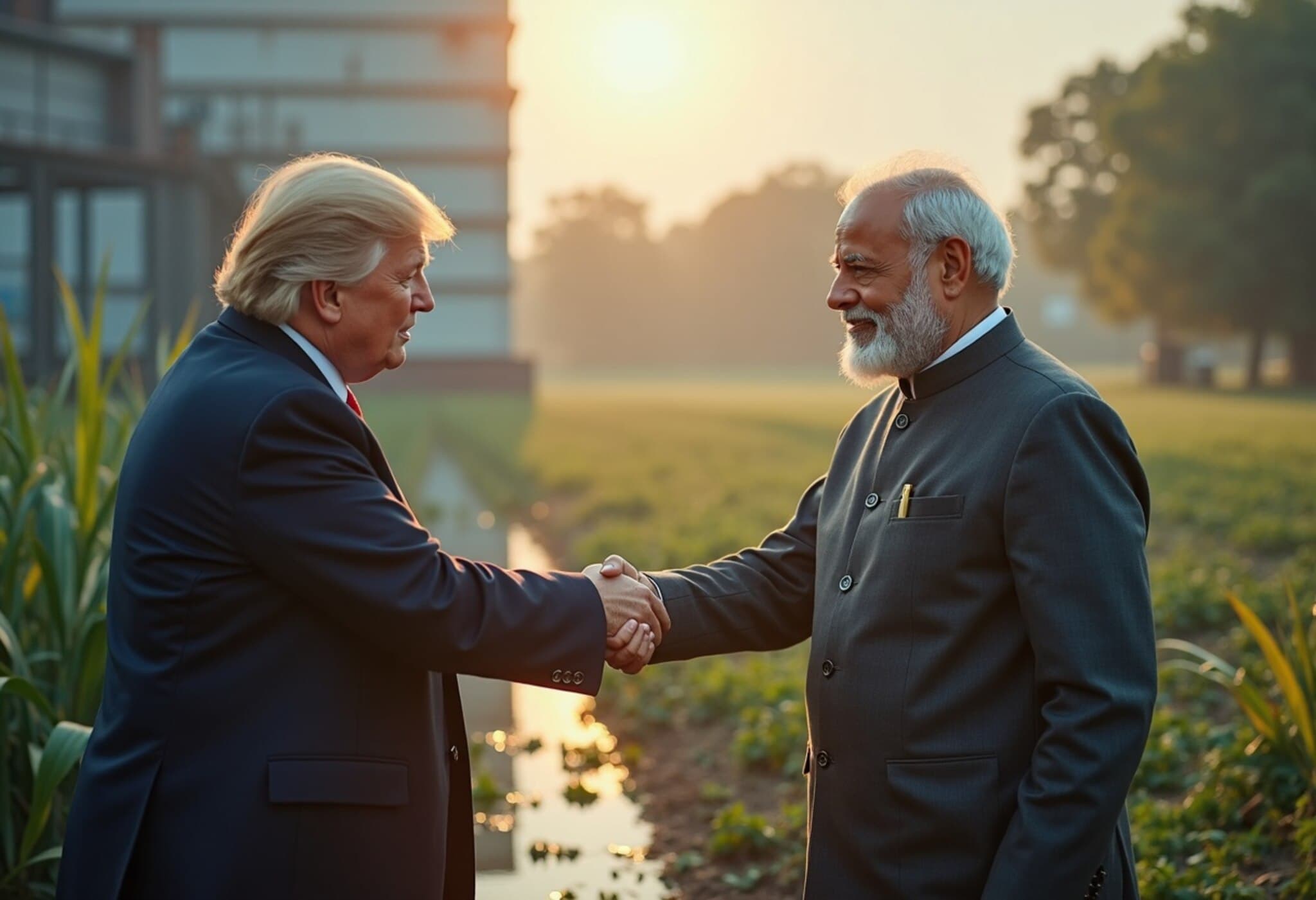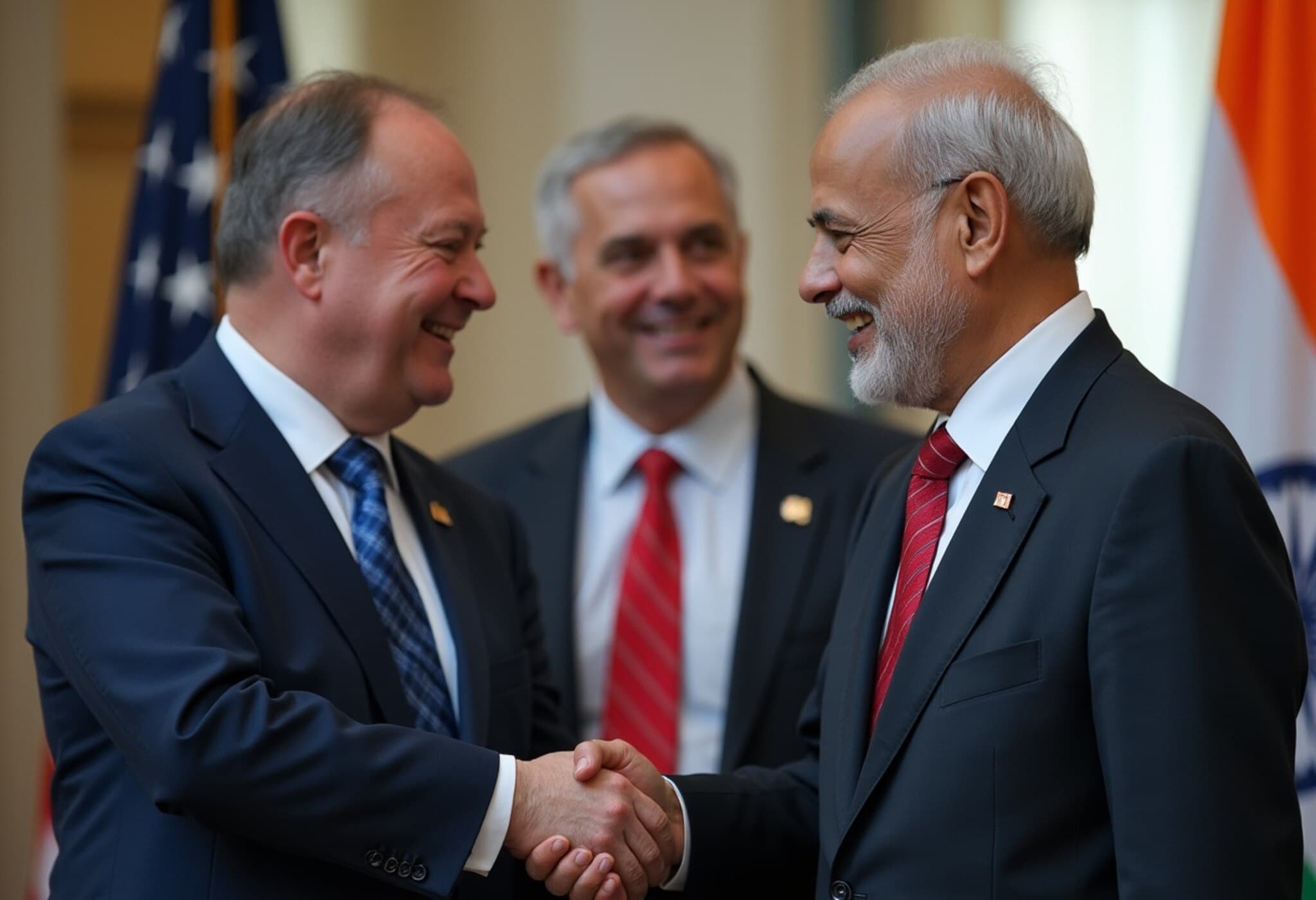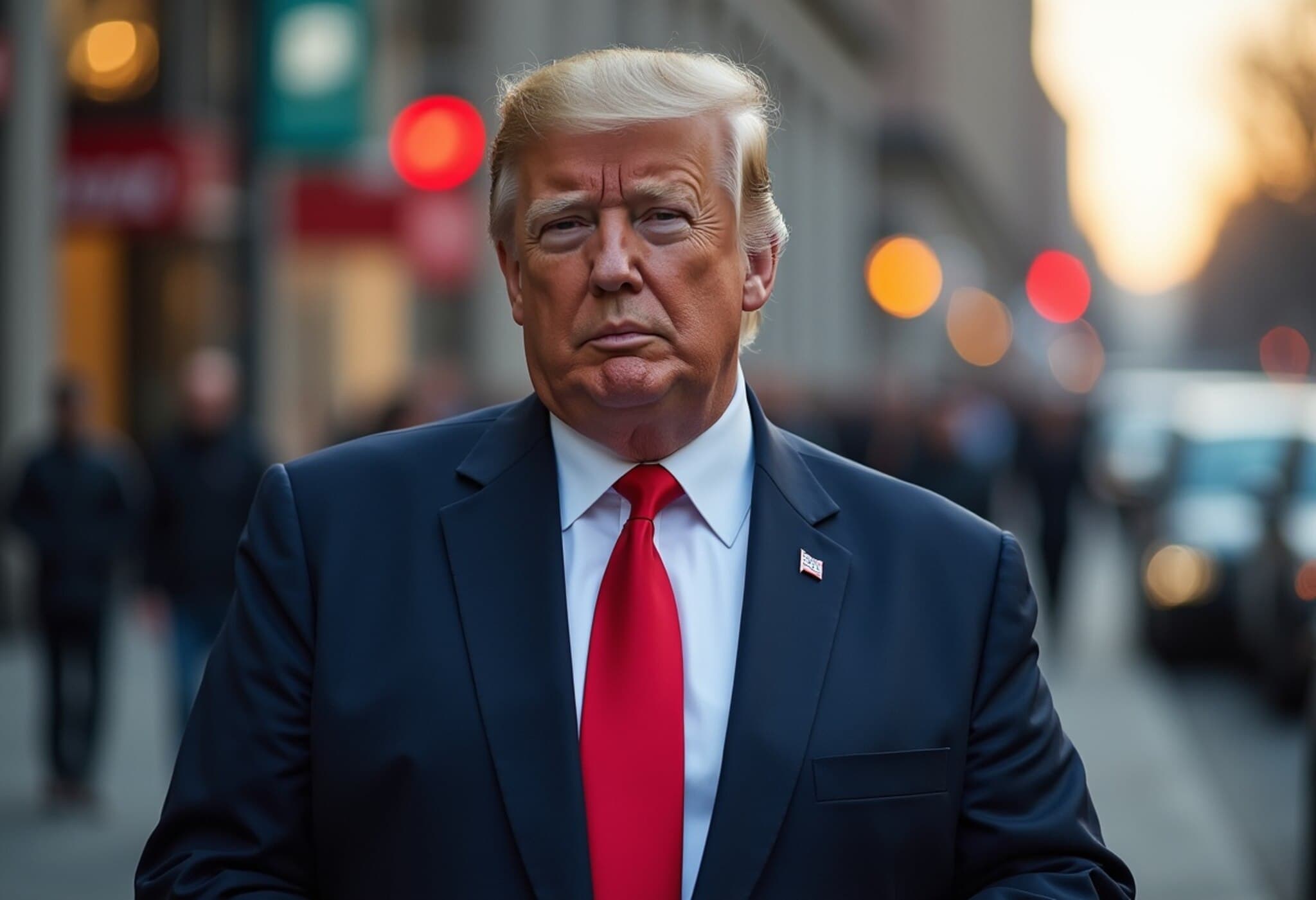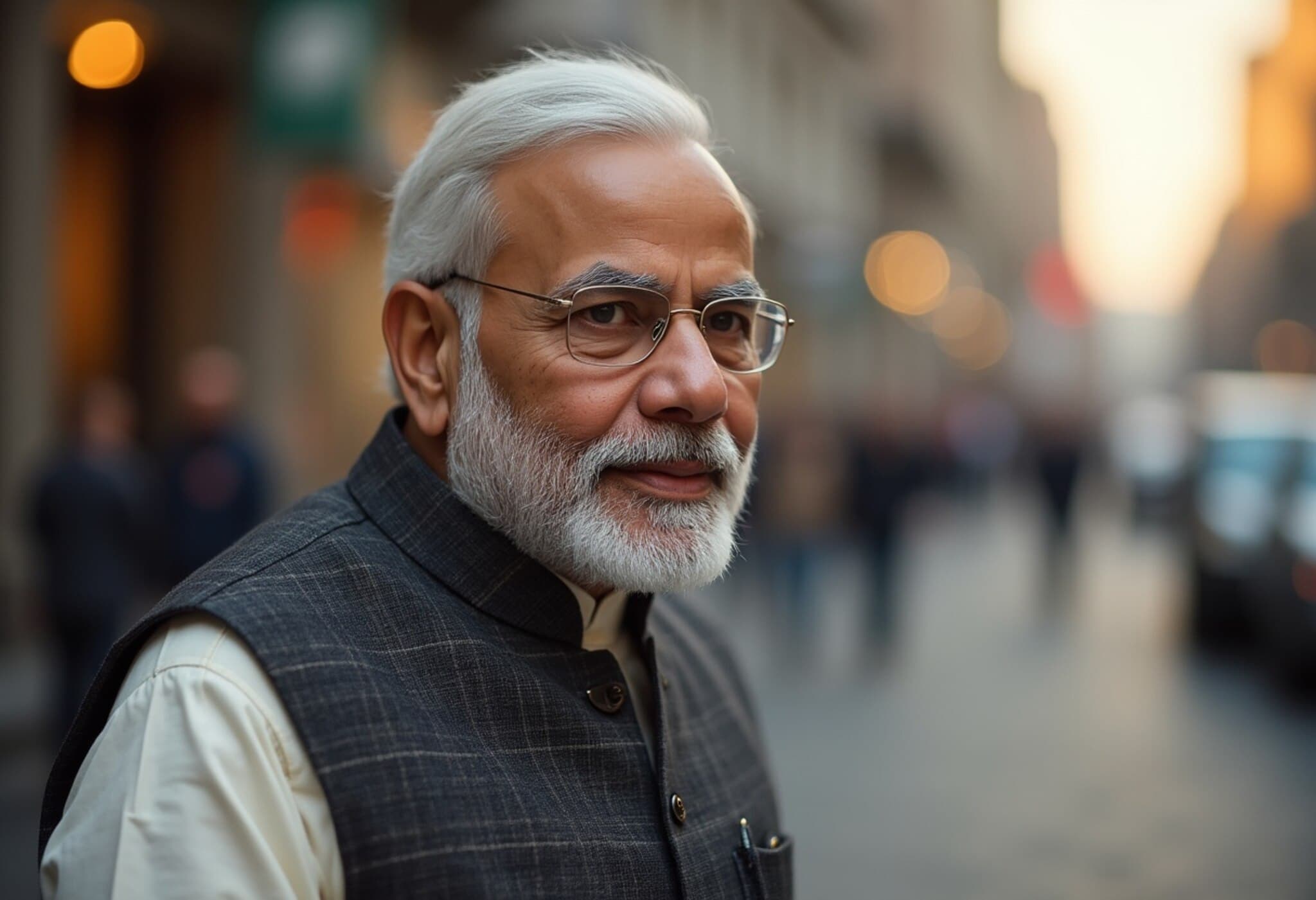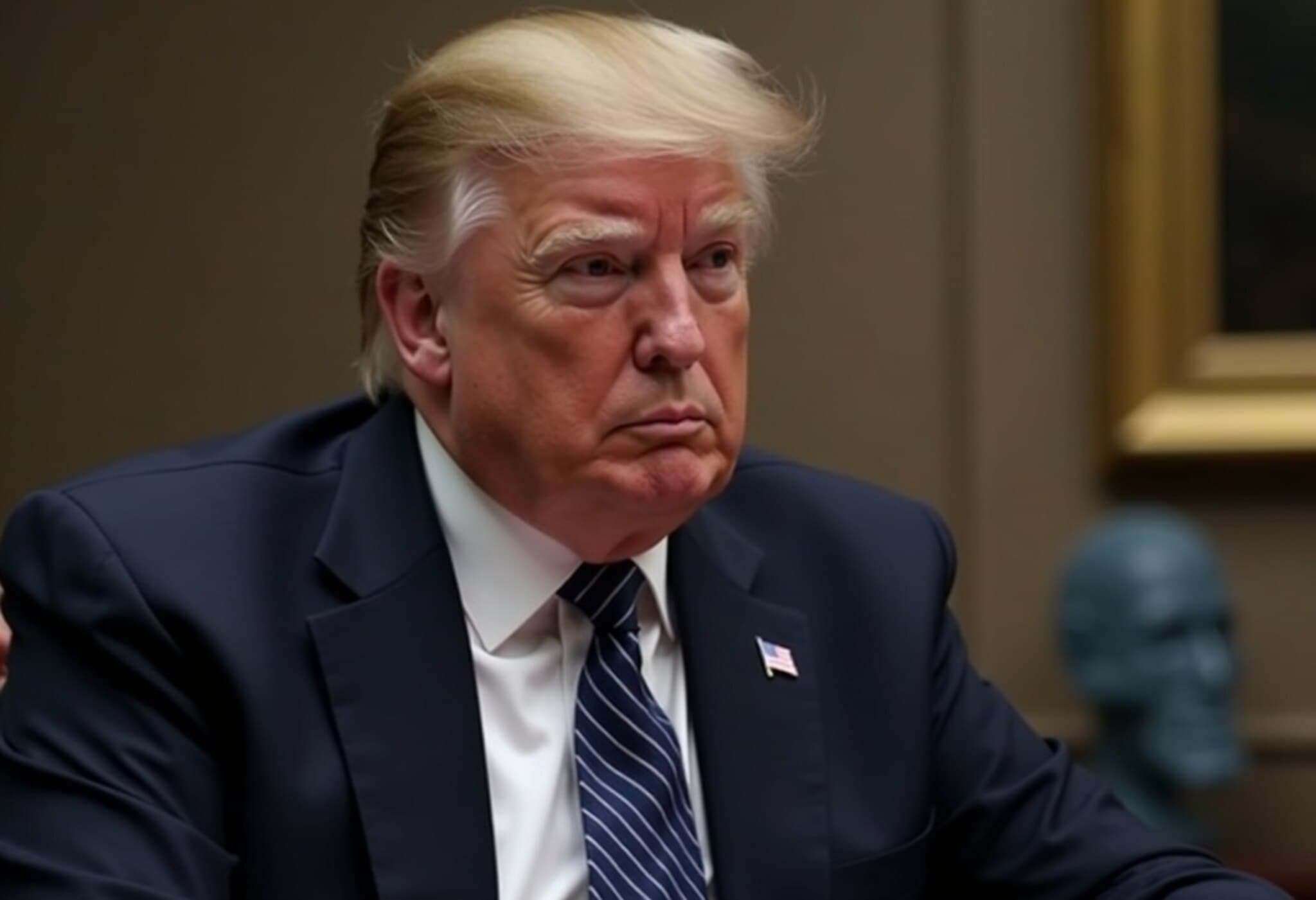US Elevates Tariffs on India in Response to Russian Oil Trade
In a bold move underscoring the complexities of global energy politics, the United States has announced an additional 25% tariff on India, doubling existing duties to a staggering 50%. This escalation specifically targets India’s continued purchase of Russian oil, a practice Washington condemns amid ongoing geopolitical tensions.
National Security Cited as the Core Rationale
White House Trade Adviser Peter Navarro emphasized to reporters that these tariffs are not a mere trade spat but a national security concern. He linked India’s Russian oil imports to a broader chain of economic and military consequences. Navarro explained that American dollars flow to India for trade, only to be redirected by India towards acquiring Russian oil. Those funds, he argued, subsequently support Russia’s military efforts, which currently threaten Ukraine’s sovereignty — a conflict in which the US has vested interests.
Tariffs Reflect Deep Frustrations Over Trade Imbalances
Navarro also highlighted long-standing grievances over India’s trade policies, describing it as the “maharaja of tariffs.” India’s high tariffs and non-tariff barriers restrict American exports, according to the adviser, fostering what he termed an “unfair trade environment.” This dynamic, he suggests, perpetuates an economic imbalance that directly ties into the national security dilemma posed by Russia’s military aggression.
Why India and Not China?
When questioned about why China, a larger purchaser of Russian oil, was not targeted with similar tariff escalations, Navarro noted that the US already imposes tariffs exceeding 50% on China. Additionally, the administration appears cautious about self-inflicted economic harm. Navarro indicated ongoing efforts to address China’s role diplomatically and economically while underscoring a strategic distinction in current US policy.
Additional Perspectives from US Officials
White House Homeland Security Adviser Stephen Miller underscored India’s position as one of the world’s leading buyers of Russian oil, despite alternative global sources being readily available. Miller’s comments reinforce the US government's narrative that India’s actions financially bolster Russia’s military endeavors, thereby complicating the geopolitical landscape.
India’s Response: Defending National Sovereignty
The Ministry of External Affairs swiftly condemned the tariffs as “unjustified and unreasonable,” asserting India’s sovereign right to protect its national interests and economic security. This diplomatic rebuttal highlights India’s stance amid the high-stakes tug of war between economic pragmatism and international political pressure.
Contextualizing Within Global Trade and Security
This tariff dispute unveils a broader tension at the intersection of trade policy and national security concerns. The US’s linkage of economic transactions to military conflict funding is a relatively novel approach in trade enforcement, reflecting the increasingly intertwined nature of global commerce and diplomacy.
From an American policy perspective, these measures aim to curtail financial flows that could indirectly fuel conflict against a US ally in Ukraine. For India, reliant on affordable energy to sustain rapid economic growth, the calculus is steep — balancing global diplomatic ties with domestic economic imperatives.
Looking Ahead: Implications and Questions
- Will these tariffs pressure India to diversify its oil sourcing, and what impact will that have on global energy markets?
- How might this tension affect long-term US-India strategic relations, especially given their shared interests in Indo-Pacific security?
- Could similar trade-security linkages shape future US relations with other energy-importing nations?
Editor’s Note
The US’s decision to penalize India with unprecedented tariffs over Russian oil purchases reflects a transformative moment where trade policy converges with national security. This development invites deeper scrutiny of how economic interdependence can be weaponized amid geopolitical crises. Readers should consider not only the immediate economic repercussions but also the evolving diplomatic dialogues that may redefine alliances and trade norms in years to come.









